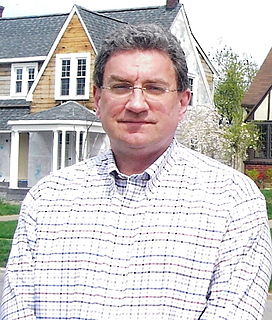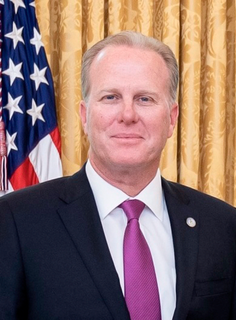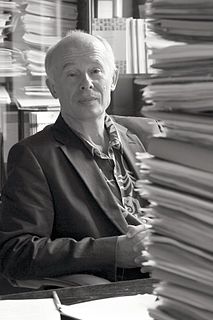A Quote by Richard A. Falk
In the current setting the situation of the poor is neglected despite the grotesque wealth of the capitalist elites, and the dangers to the well-being of humanity associated with climate change are ignored despite a strong scientific consensus warning of the adverse, and possibly irreversible, consequences of further delays in reducing the level of greenhouse gas emissions, especially carbon.
Quote Topics
Adverse
Associated
Being
Capitalist
Carbon
Change
Climate
Climate Change
Consensus
Consequences
Current
Dangers
Delays
Despite
Elites
Emissions
Further
Gas
Greenhouse
Grotesque
Humanity
Ignored
Irreversible
Level
Neglected
Poor
Possibly
Reducing
Scientific
Setting
Situation
Strong
Warning
Wealth
Well
Well-Being
Related Quotes
... the consensus of the scientific community has shifted from skepticism to near-unanimous acceptance of the evidence of an artificial greenhouse effect. Second, while artificial climate change may have some beneficial effects, the odds are we're not going to like it. Third, reducing emissions of greenhouse gases may turn out to be much more practical and affordable than currently assumed.
Despite the international scientific community's consensus on climate change, a small number of critics continue to deny that climate change exists or that humans are causing it. Widely known as climate change "skeptics" or "deniers," these individuals are generally not climate scientists and do not debate the science with the climate scientists.
'Scientific' computer simulations predict global warming based on increased greenhouse gas emissions over time. However, without water's contribution taken into account they omit the largest greenhouse gas from their equations. How can such egregious calculation errors be so blatantly ignored? This is why man-made global warming is 'junk' science.



































